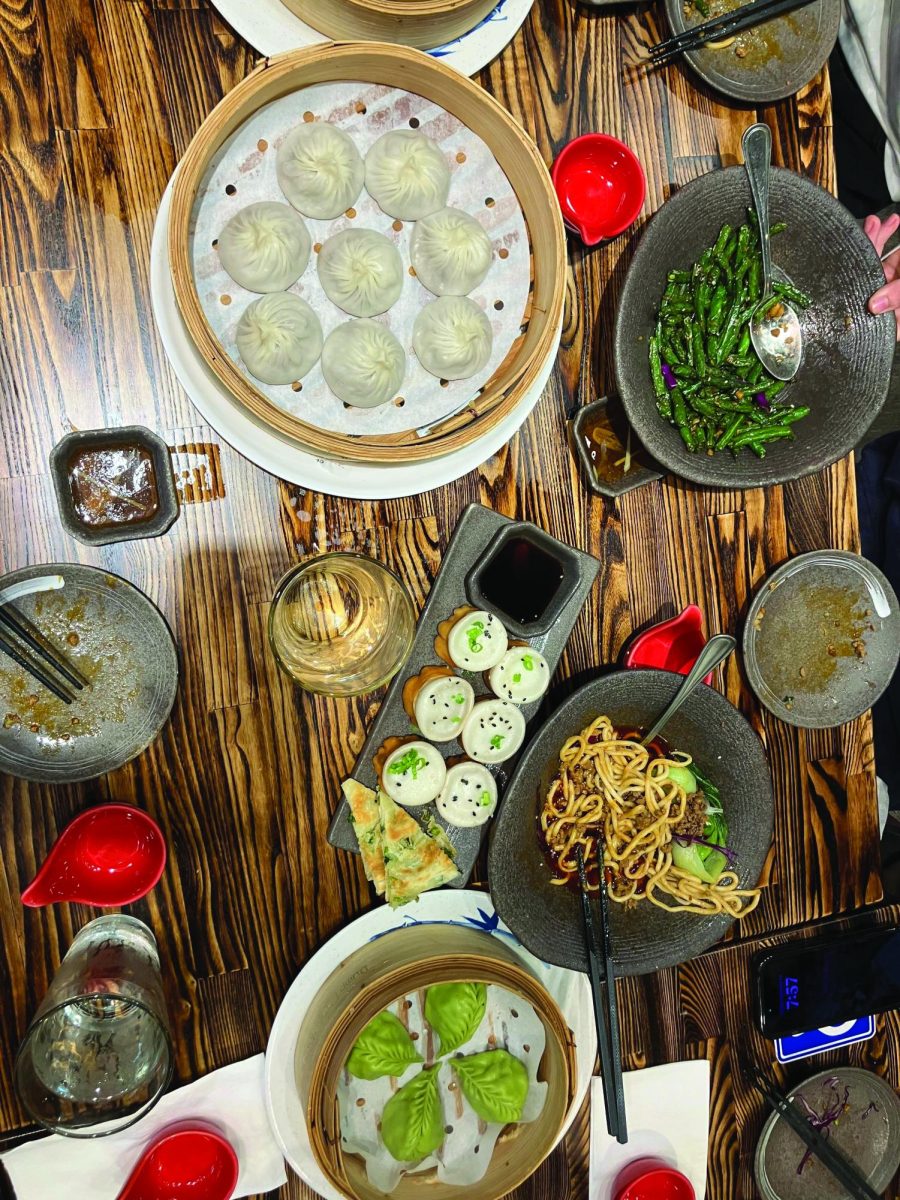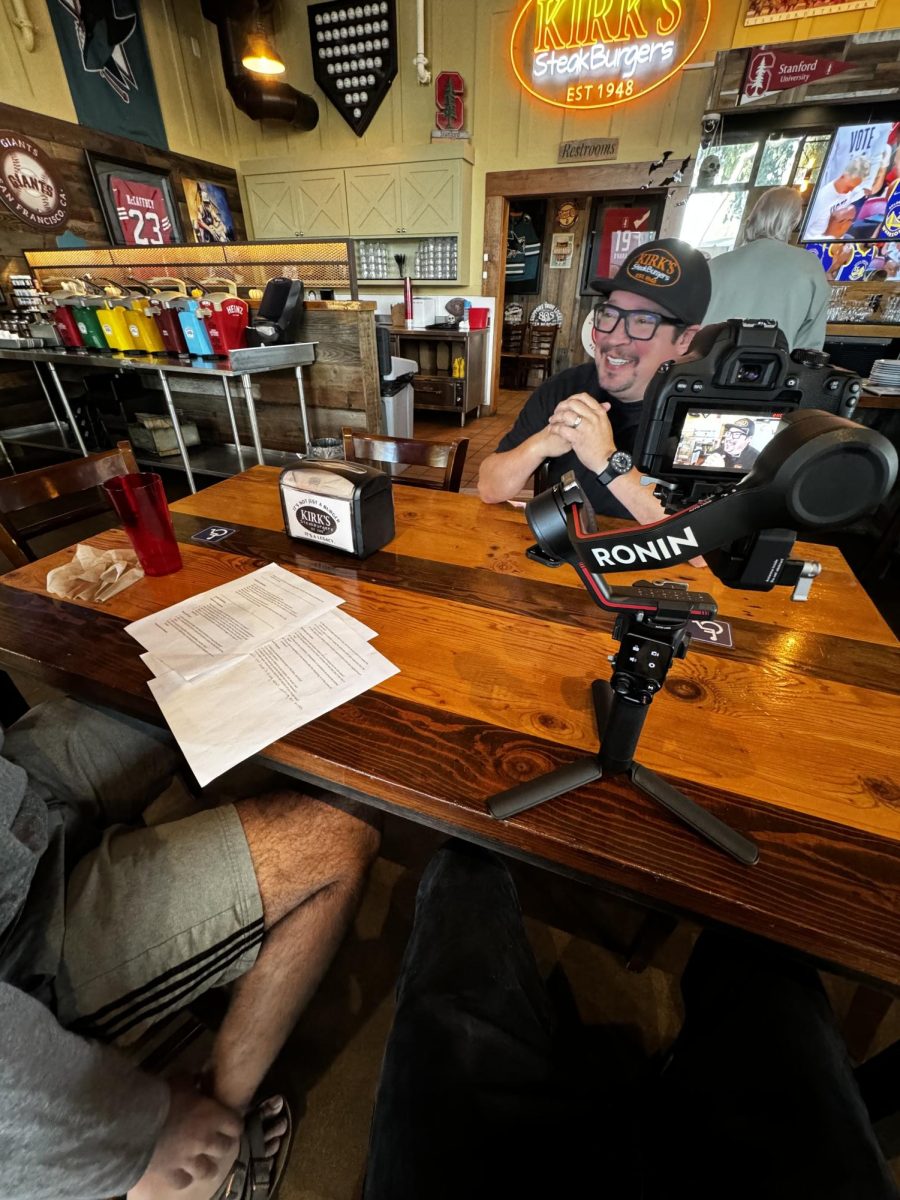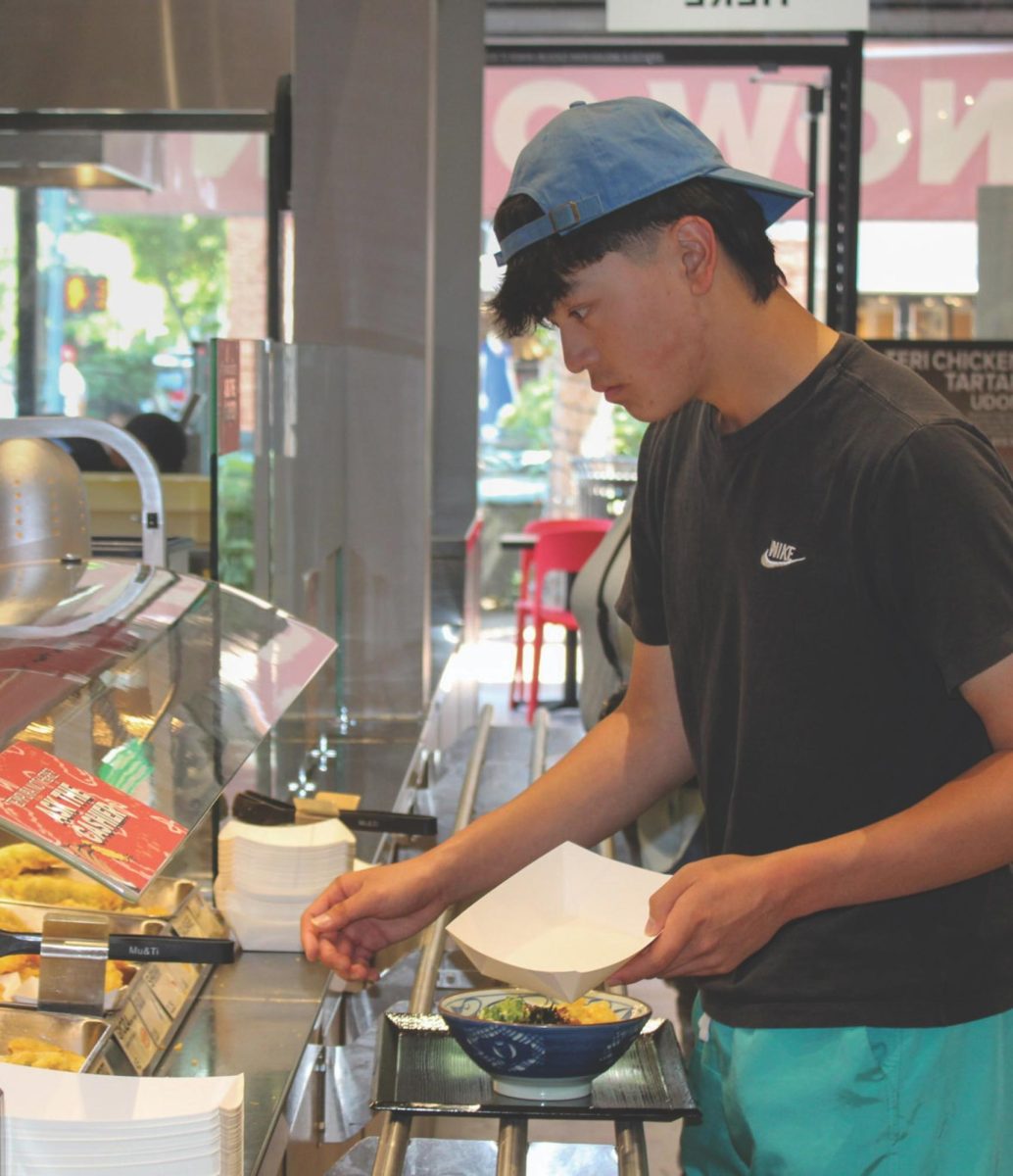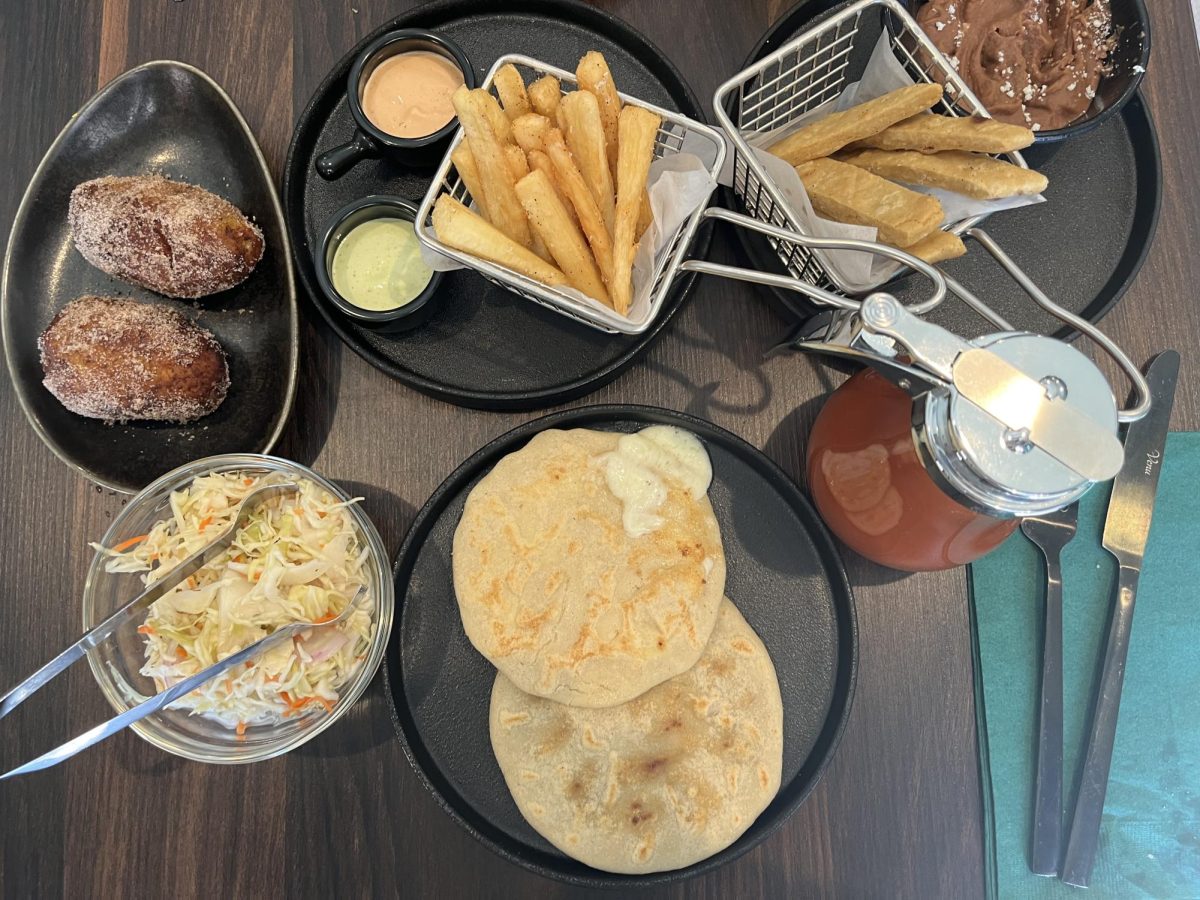Policies
Mission Statement:
To showcase the many different ways food can impact Paly students and families through the engagement of culture, food reviews, and inspiring cooks. Readers will understand the depth food has to offer, savoring each story throughout this journey.
Legal advisory Ethics policy
Student journalists on Chomp will only publish legally protected speech, following the legal definitions of libel, obscenity and invasion of privacy. Consistent with California Education Code section 48907, the staff also will refrain from publishing material (including submissions from the community) which so incite students as to create a clear and present danger of the commission of unlawful acts on school premises or the violation of lawful school regulations, or the substantial disruption of the orderly operation of the school. When faced with potential legal questions, staff will contact the Student Press Law Center for advice concerning media law.
Byline policy
Story bylines include the names of all staff writers who contributed to the story. Signed columns or reviews represent only the opinions of individual authors. Editorials represent the viewpoint of the entire staff and the topic is subject to extensive discussion, review, and decision among the entire staff. Chomp prides itself in being a publication that supports students’ freedom of expression.
Code of Ethics
1) Be responsible.
Keep yourself and your biases separate from your coverage.
Understand your rights as a student journalist as guaranteed by state and federal law.
Make informed decisions about the use of your power as a journalist.
Demonstrate credibility and integrity outside of journalistic work.
2) Be fair.
Approach news and events without predisposed notions regarding the events and phenomena occurring.
Explore controversial topics with a neutral agenda.
Do not use your position as a journalist to favor certain sources or opinions.
Welcome diverse perspectives and viewpoints.
Disclose any potential conflicts of interest.
3) Be honest.
Never plagiarize work.
Avoid using imaginary or hypothetical scenarios.
Do not assume all sources are correct and corroborate any questionable assertions posed by sources.
Ensure all sources grant permission to record video or audio before proceeding.
4) Be accurate.
Reporting based on first-hand experience whenever possible.
Fact-check all articles.
Ensure all quotes and facts are put together in a truthful and unbiased narrative with appropriate and accurate context.
5) Be independent.
Accept no gifts or favors that could compromise your journalistic independence.
Hold school officials and other persons in power accountable when student control of student media is threatened.
Learn state laws regarding freedom of information
6) Minimize harm.
Think through the possible implications of all stories and prepare accordingly.
Be careful when covering issues involving sources who endured traumatic or distressing experiences.
Balance the public’s right to information with an individual’s right to privacy.
Avoid naming people involved in illegal activities.
7) Be accountable.
Publicize mistakes or corrections made to any stories.
Highlight unethical practices and remedy them.
Use anonymous sources sparingly.
Provide opportunities for criticism from readers and viewers
Content Accuracy policy
Sources: Chomp distinguishes itself on following the above code of ethics to deliver fair and accurate reporting. In addition, we reserve the right to publish all on-the-record quotes so long as they are accurate. Once a story is published, our general policy is to not change or remove any content — including, but not limited to, quotes, names and information — due to requests from outside sources. However, we may evaluate requests on a case-by-case basis and attempt to correct any errors found to be false, libelous or dangerous. If a story is altered, readers will be explicitly notified of the edits made. Sources may request information to be taken “off the record” if the request is made prior to the interview, and such content will not be used in writing. However, sensitive or controversial interview content may be removed after the fact if the source has expressed a compelling and reasonable justification.







